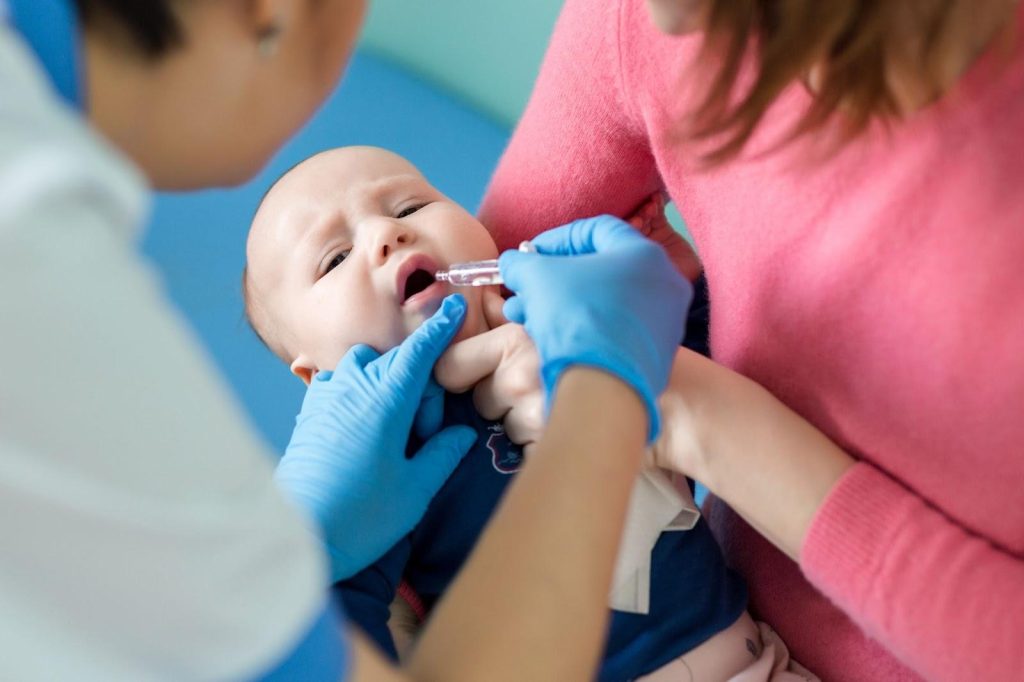
Rotavirus is a highly contagious virus that primarily affects infants and young children, causing severe diarrhoea, vomiting, fever, and dehydration. It spreads easily through contact with contaminated hands, surfaces, and objects, which makes it a leading cause of hospitalisation for gastroenteritis worldwide. While good hygiene practices help reduce transmission, they are not enough to prevent infection entirely. The most effective way to protect against rotavirus is through vaccination.
The rotavirus vaccine is an oral immunisation designed to protect infants from the most common strains of the virus. Unlike injectable vaccines, it is administered as liquid drops into the baby’s mouth, which makes it a painless and convenient option for parents. The vaccine works by stimulating the body’s immune system to recognise and fight off rotavirus if exposed in the future. Studies have shown that the vaccine significantly reduces the risk of severe diarrhoea, hospitalisation, and complications associated with rotavirus infection.
In Singapore, the rotavirus vaccine is not part of the National Childhood Immunisation Schedule (NCIS), which means it is not government-funded or compulsory. However, the Ministry of Health (MOH) and paediatricians strongly recommend vaccination due to the high risk of severe rotavirus infection in young children.
The rotavirus vaccine is is typically administered in two or three doses, depending on the vaccine brand:
| Rotarix® (two-dose schedule) | given at 2 months and 4 months of age. |
| RotaTeq® (three-dose schedule) | given at 2 months, 4 months, and 6 months of age. |
Both vaccines provide strong protection against severe rotavirus disease, with effectiveness rates ranging between 85% and 98% in high-income countries and 50% to 70% in lower-income regions. Although the vaccine does not prevent all cases of rotavirus, it greatly reduces the severity of symptoms, ensuring that your child experiences only mild illness if they do contract the virus.
At Phoenix Medical Group, we offer the rotavirus vaccine as part of our comprehensive childhood immunisation services. Our healthcare professionals are here to guide parents through the vaccination process and ensure that your child receives the optimal protection against rotavirus in a safe and comfortable setting.
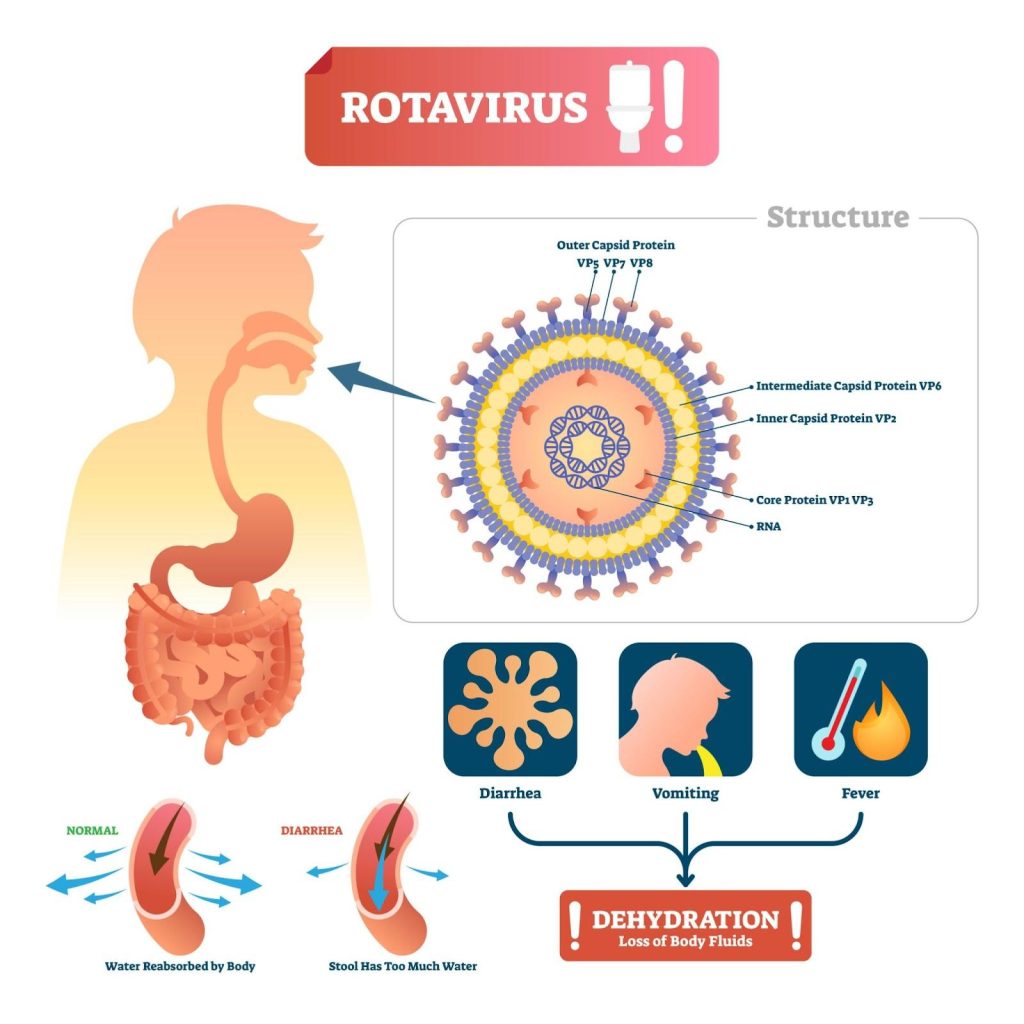
The rotavirus vaccine is an oral, live-attenuated vaccine designed to train the immune system to recognise and fight off rotavirus infections. It contains a weakened form of the virus that does not cause illness but stimulates the body to build long-term immunity against future infections.
When a baby receives the rotavirus vaccine, the weakened virus in the vaccine replicates in the intestines, triggering an immune response. The body produces antibodies that specifically target rotavirus, which allows the immune system to quickly recognise and neutralise the virus if the child is exposed in the future. This process prevents severe infection and reduces symptoms, even if mild cases still occur.
There are two main rotavirus vaccines available in Singapore, both working on the same principle:
Both vaccines mimic a natural infection, which allows the body to build strong, lasting immunity while avoiding the risks of severe illness caused by an actual rotavirus infection.
The vaccine provides strong immunity during early childhood, which is when children are most vulnerable to severe rotavirus infections. Natural exposure to the virus later in life continues to boost immunity, which is why severe rotavirus infections are rare in older children and adults.
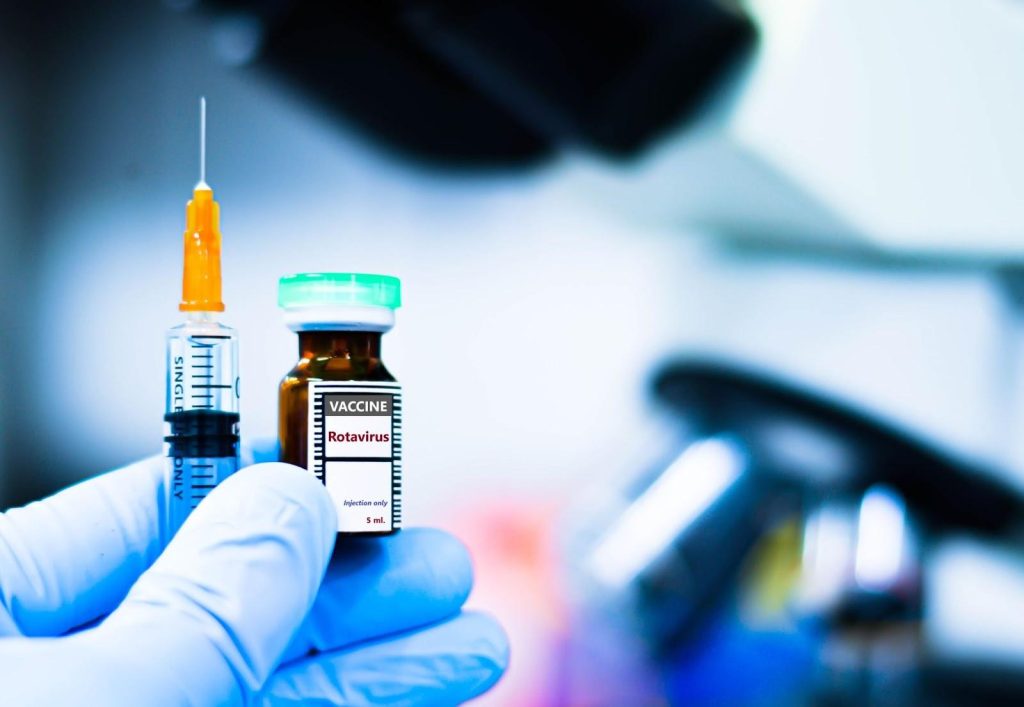
Rotavirus vaccination is the most effective way to protect infants and young children from severe diarrhoea caused by rotavirus. It significantly reduces the risk of hospitalisation, complications, and the spread of infection within communities. Here are the key benefits of getting your child vaccinated:
Vaccination provides strong protection during the most vulnerable early months of life. It is most recommended for:
While the rotavirus vaccine is safe and highly effective for most infants, there are certain situations where it may not be suitable. Parents should consult a doctor before proceeding with vaccination if their child has specific medical conditions or a history of severe allergic reactions.
Rest assured, before any vaccination, our doctors assess each child’s medical history to determine whether the rotavirus vaccine is needed.
Like all vaccines, it can cause mild side effects in some babies, but serious reactions are extremely rare.
These side effects usually resolve on their own within a few days:
Although uncommon, some babies may experience the following:
After your child receives the rotavirus vaccine, you can expect minimal discomfort, as the vaccine is administered orally rather than by injection. Most babies tolerate it well, and side effects, if any, are usually mild and short-lived.
Most babies do not experience any side effects, but some may have:
Since the vaccine contains a weakened live virus, small amounts of the virus may be present in your baby’s stool for up to 10 days after vaccination. To reduce the risk of spreading the virus:
Although rare, contact a doctor immediately if your baby experiences:
Rotavirus is a highly contagious virus that can cause severe diarrhoea, dehydration, and hospitalisation in infants and young children. Since there is no specific cure for rotavirus infection, vaccination is the most effective way to protect your child from its serious complications.
At Phoenix Medical, we provide comprehensive pre- and post-vaccination care and ensure that parents have all the information needed for a smooth experience. If you have any concerns after your child receives the rotavirus vaccine, book a consultation with us today.
Can the rotavirus vaccine be given alongside other vaccines?
Yes, the rotavirus vaccine can be administered simultaneously with other routine childhood immunisations without affecting their effectiveness.
What should I do if my baby spits out the vaccine dose?
If an infant spits out or regurgitates the rotavirus vaccine, a replacement dose is not recommended. The infant should continue to receive any remaining doses in the recommended series.
Is the rotavirus vaccine effective in preventing severe disease?
Yes, the rotavirus vaccine is highly effective, with studies showing it prevents 85–98% of severe rotavirus infections, significantly reducing hospitalisations.
Can my child still get rotavirus after vaccination?
While the vaccine significantly reduces the risk of severe illness, it does not prevent all cases. Vaccinated children who do contract rotavirus typically experience milder symptoms.
Why was the first rotavirus vaccine withdrawn from the market?
The initial rotavirus vaccine, RotaShield, was withdrawn in 1999 due to an association with intussusception, a rare bowel obstruction. Current vaccines have undergone extensive testing and have a much lower risk.
How is the rotavirus vaccine administered?
The rotavirus vaccine is administered orally as a liquid, making it painless and easy for infants to receive.
What should I do if my child misses a scheduled rotavirus vaccination?
If your child misses a scheduled dose, consult your healthcare provider promptly. It’s important to complete the vaccination series before your child reaches 8 months of age.


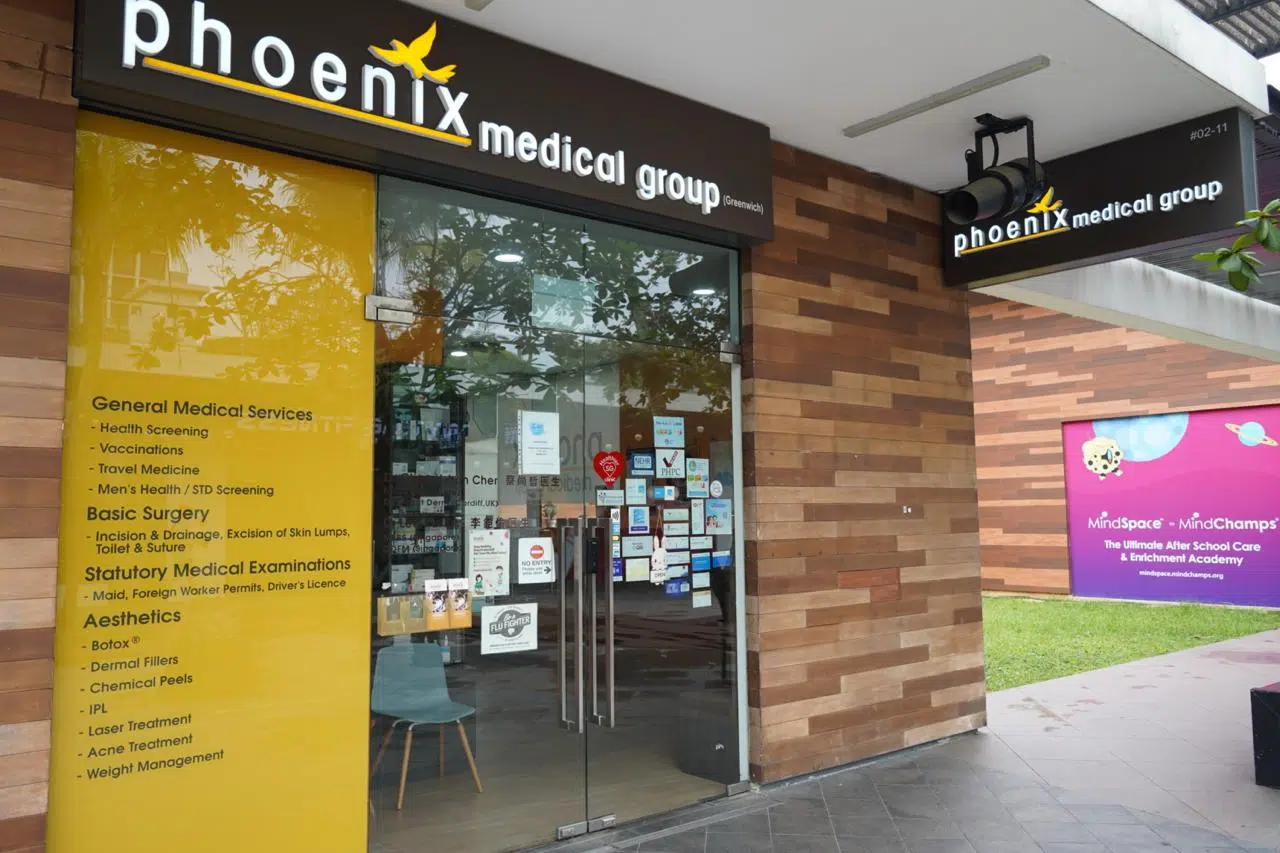
9:00am to 8:30pm
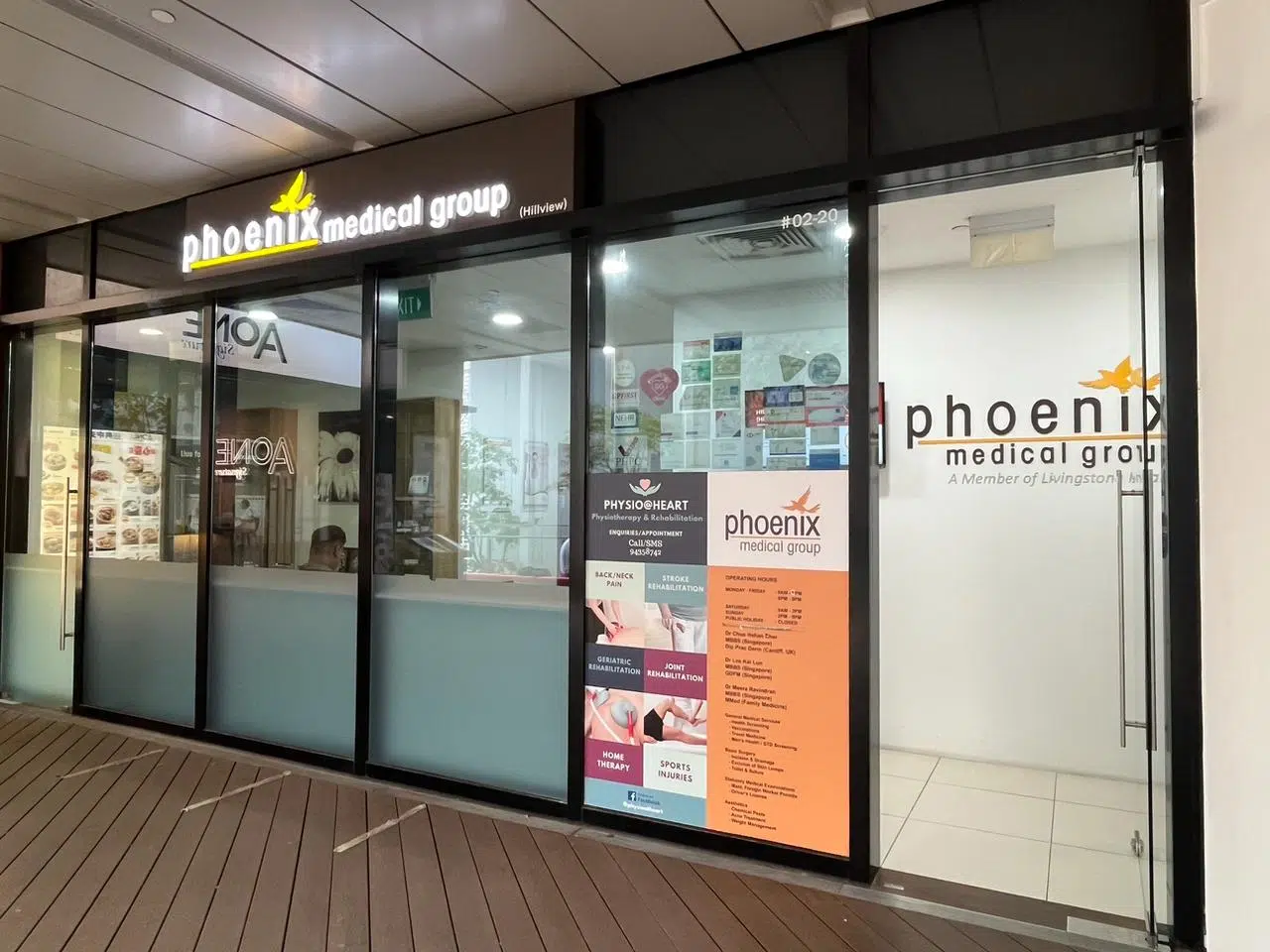
9:00 am - 4:30 pm, 6.00 pm - 8:30 pm
9:00 am - 1:30 pm
2:00 pm - 8:30 pm
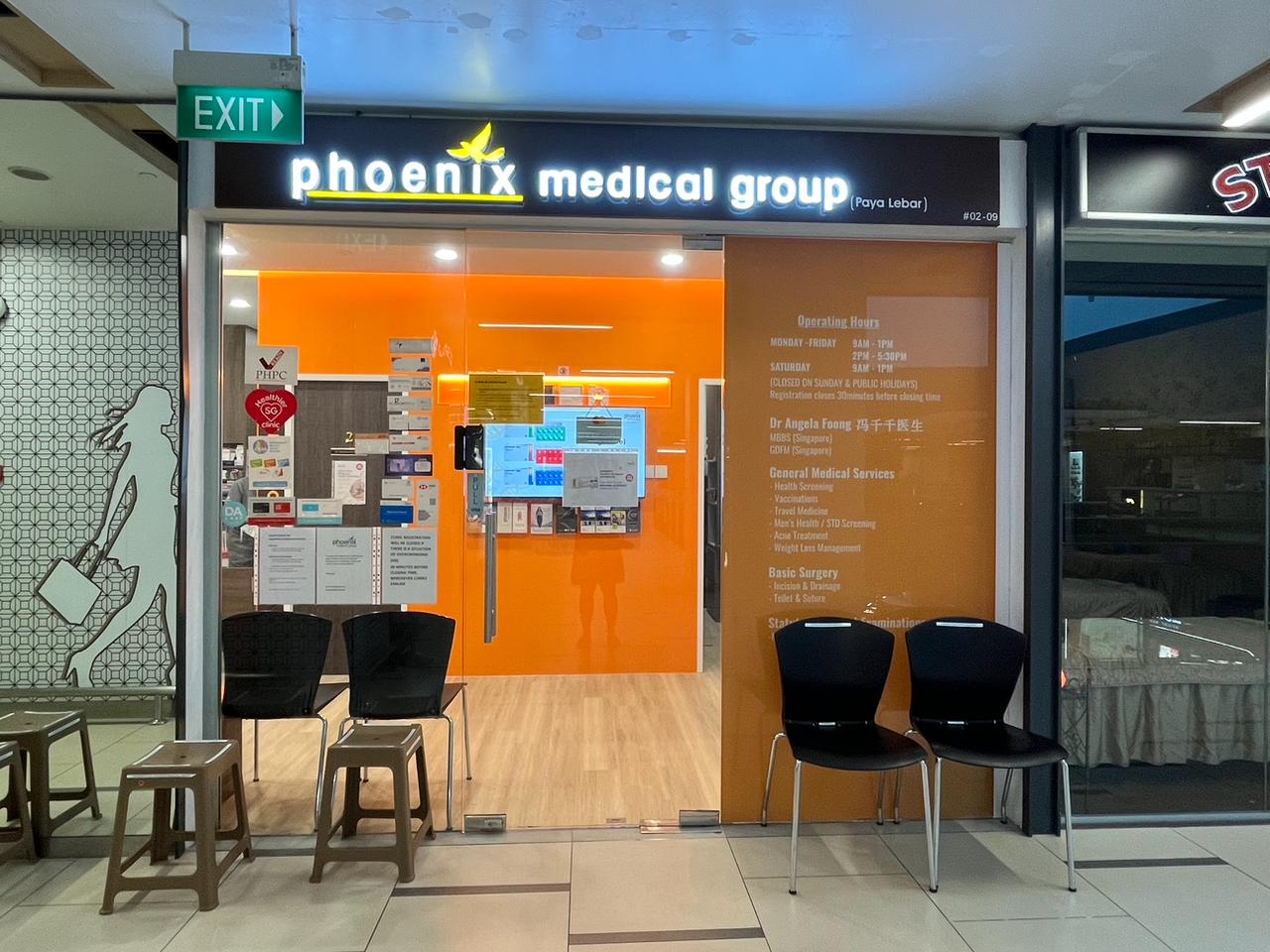
60 Paya Lebar Road, #02-09 Paya Lebar Square, Singapore 409051
9:00 am - 12:30 pm
2:00 pm - 5:00 pm
9:00 am - 12:30 pm
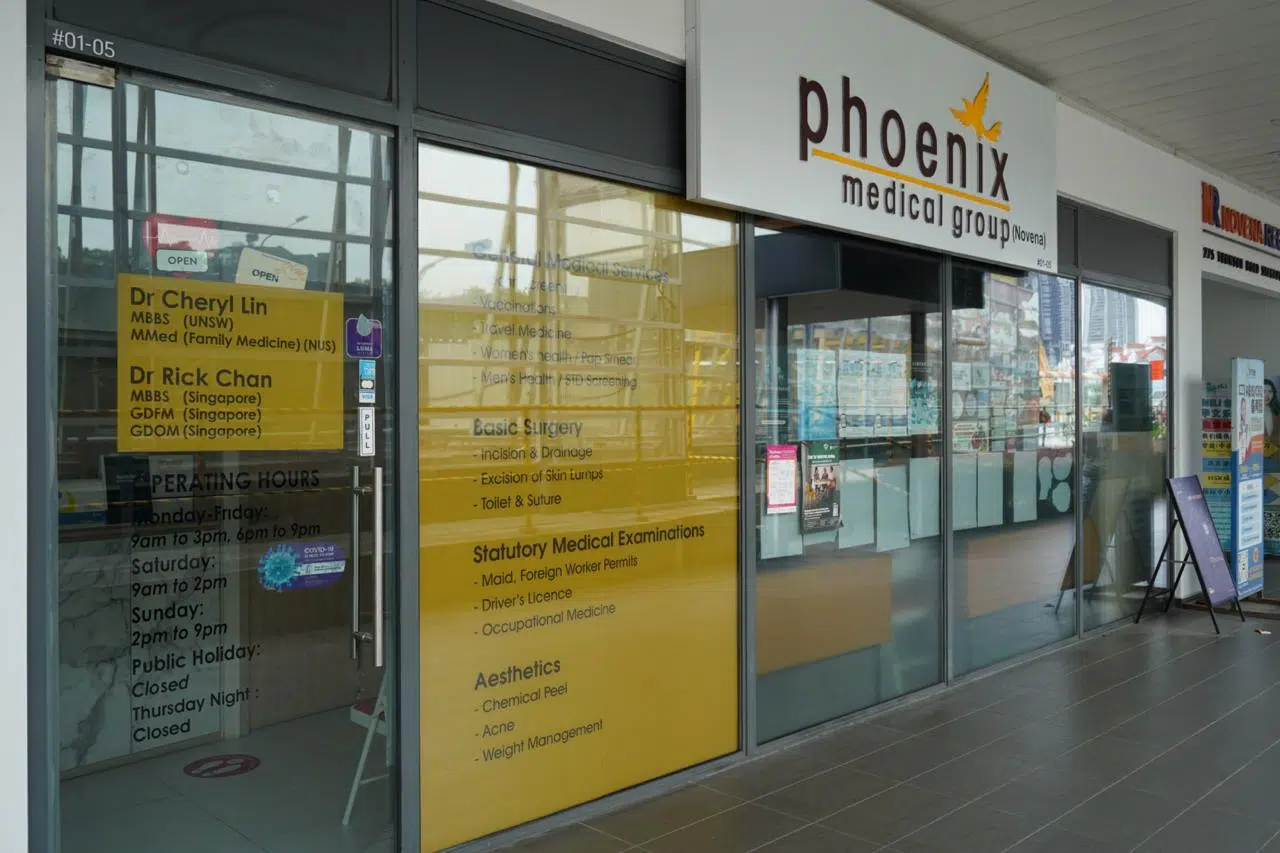
275 Thomson Road,
#01-05 Novena Regency,
Singapore 307645
9:00 am - 2:30 pm
6:00 pm - 8:30 pm (Mon, Tue, Wed & Fri)
9:00 am - 1:30 pm
2:00 pm - 8:30 pm
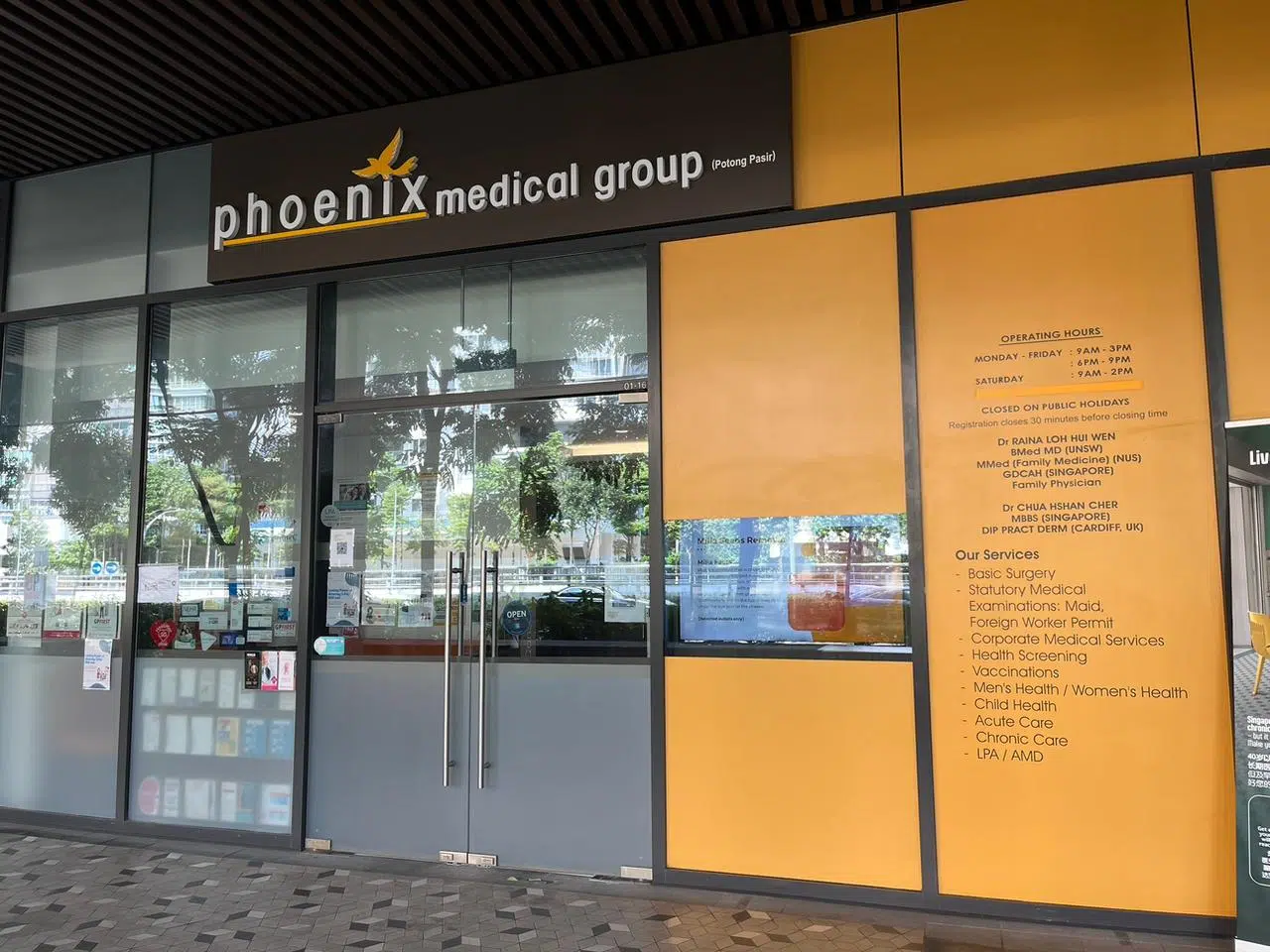
The Venue Shoppes,
2 Tai Thong Crescent, #01-16,
Singapore 347836
9:00 am - 3:00 pm
6:00 pm - 9:00 pm (Mon, Wed & Thu)
9:00 am - 2:00 pm
Closed
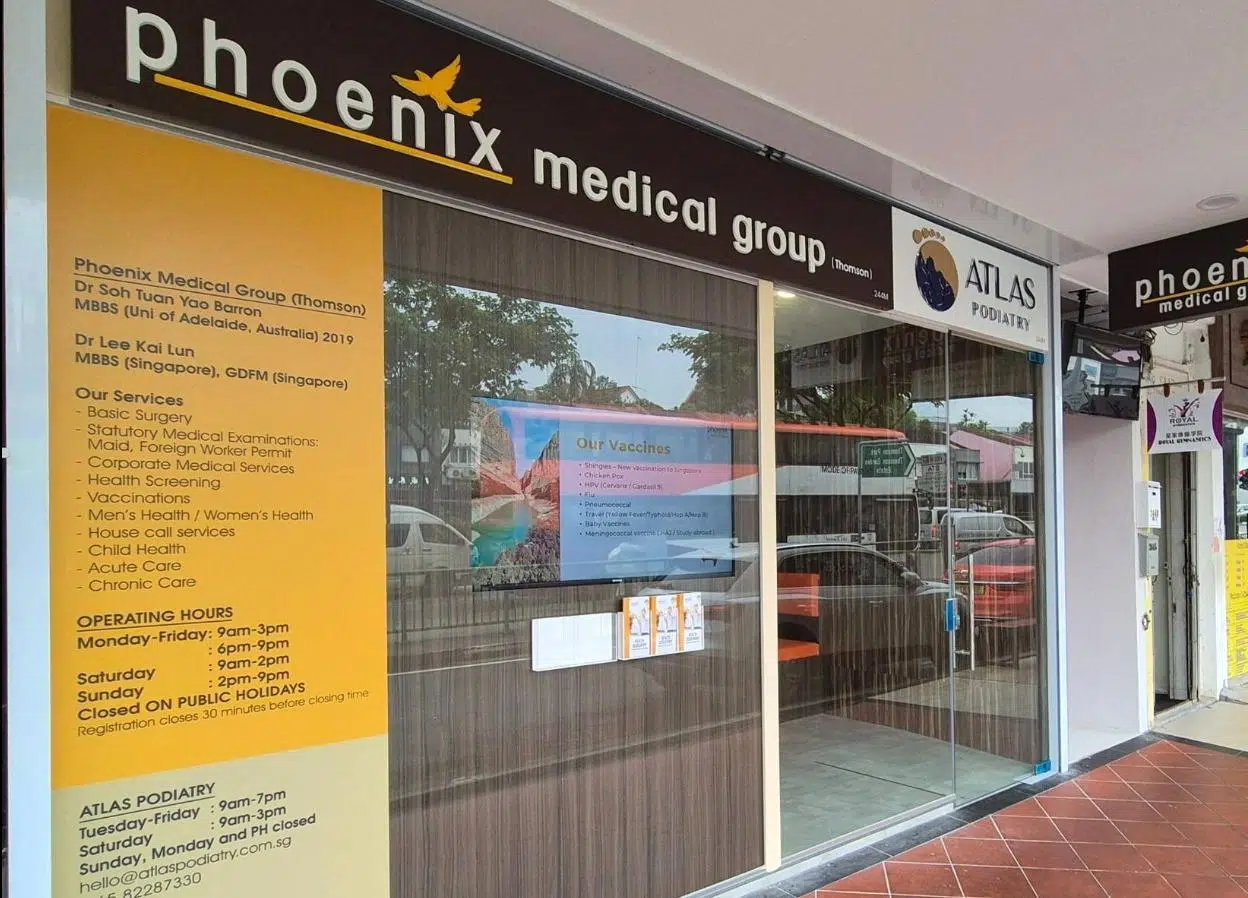
244M Upper Thomson Rd, Thomson Garden Estate, Singapore 574369
9:00 am - 3:00 pm
6:00 pm - 9:00 pm (Mon & Wed)
9:00 am - 2:00 pm
Closed
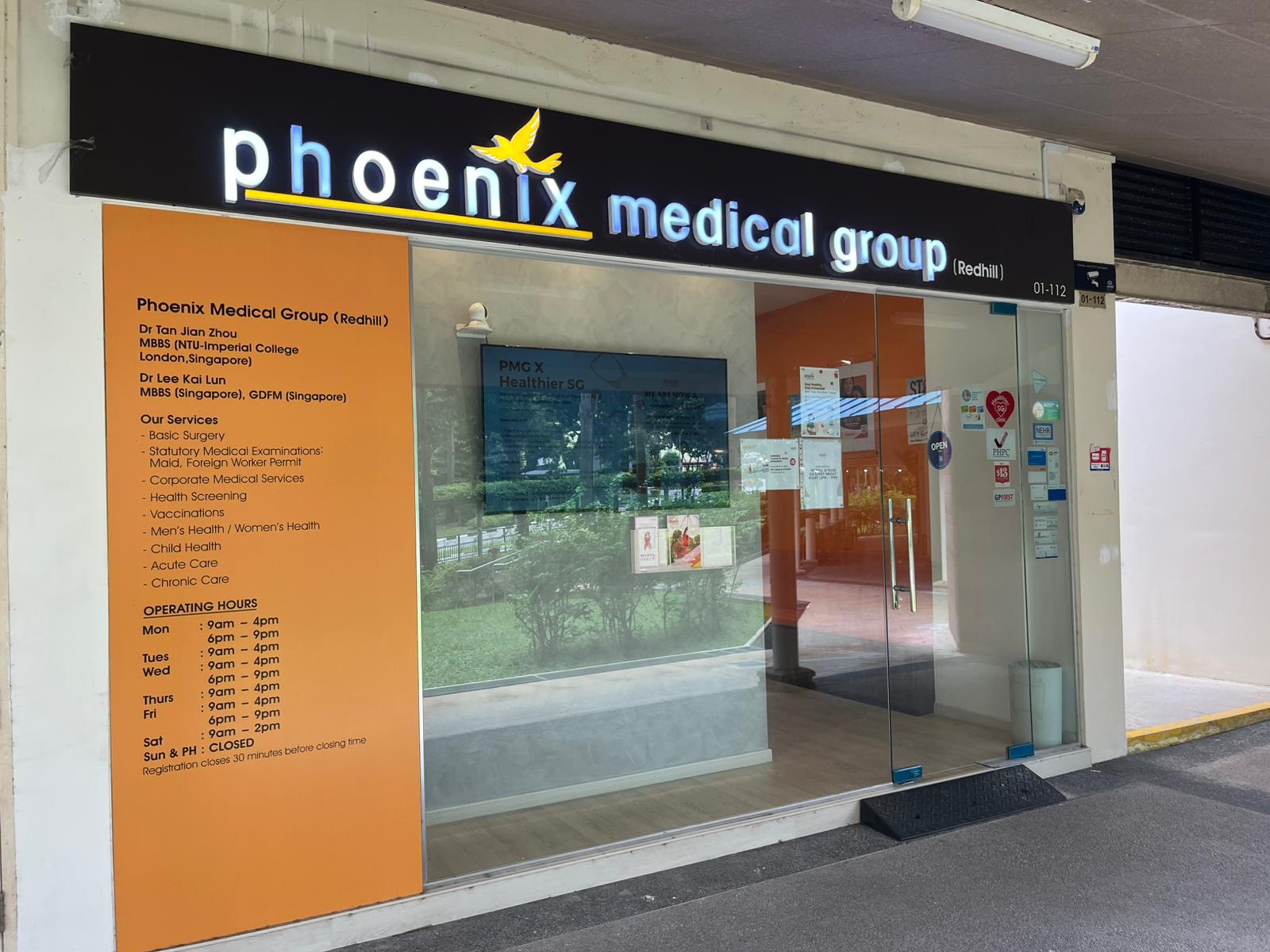
9:00 am - 4:00 pm
6:00 pm - 9:00 pm
9:00 am - 2:00 pm
Closed